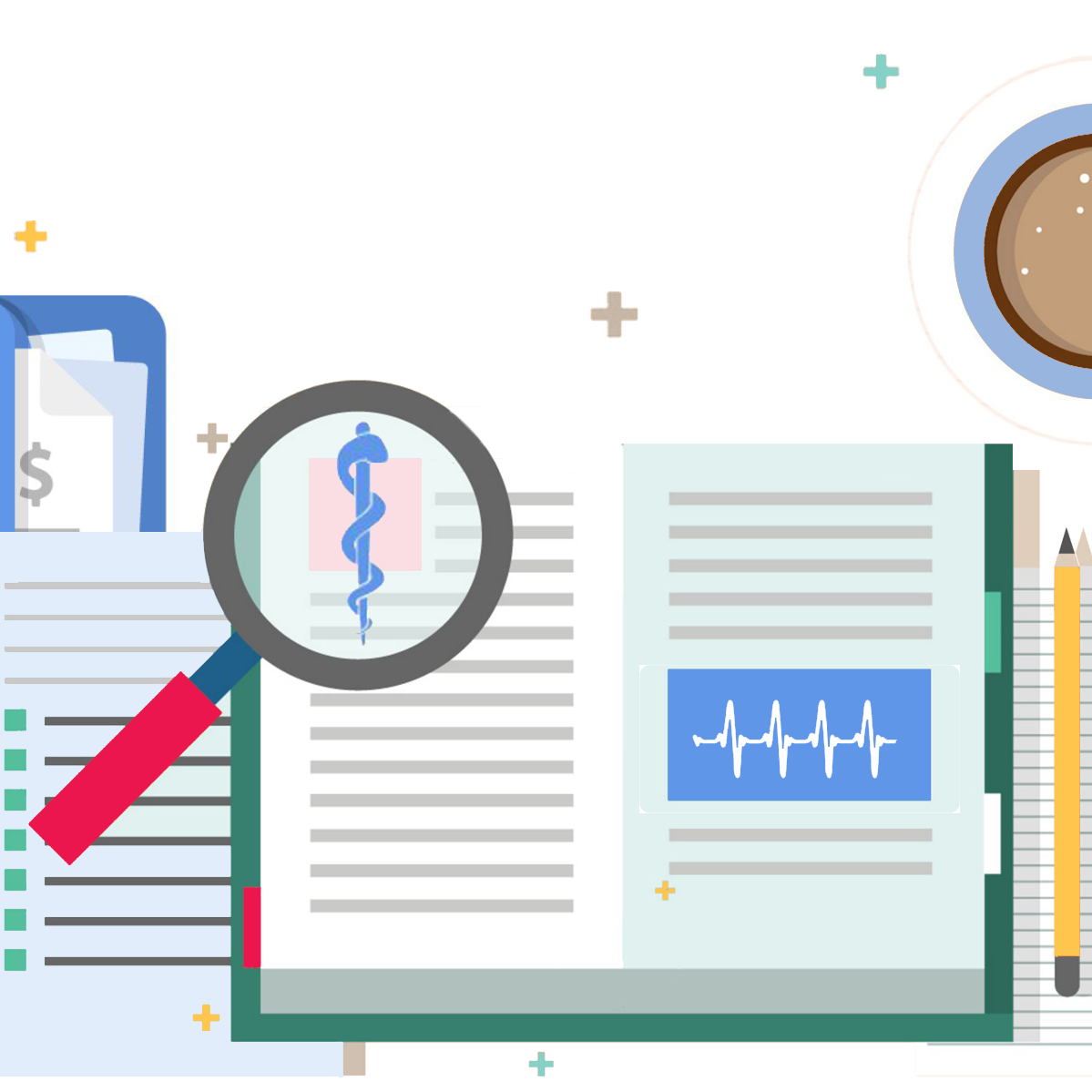WC002 And You: PR-2 Reports and Reimbursement

Every California workers’ comp provider that acts as a primary treating physician (PTP) for injured workers is familiar with the Treating Physician's Progress Report, also known as the Form PR-2. This required report is an integral part of every PTP’s job – primary treating physicians assigned to an injured worker must periodically file a PR-2 to report on their patient’s condition. These PR-2 reports are reimbursable at a rate of $12.29 using the California-specific procedure code WC002. But reimbursement for the PR-2 is limited to once every 45 days – unless certain conditions in the California Code of Regulations apply.
California Code of Regulations § 9785 (f) sets out a list of exceptions of when a PTP should submit a PR-2 more frequently than the 45-day requirement (emphasis ours):
“(f) A primary treating physician shall, unless good cause is shown, within 20 days report to the claims administrator when any one or more of the following occurs:
(1) The employee's condition undergoes a previously unexpected significant change;
(2) There is any significant change in the treatment plan reported, including, but not limited to, (A) an extension of duration or frequency of treatment, (B) a new need for hospitalization or surgery, (C) a new need for referral to or consultation by another physician, (D) a change in methods of treatment or in required physical medicine services, or (E) a need for rental or purchase of durable medical equipment or orthotic devices;
(3) The employee's condition permits return to modified or regular work;
(4) The employee's condition requires him or her to leave work, or requires changes in work restrictions or modifications;
(5) The employee is released from care;
(6) The primary treating physician concludes that the employee's permanent disability precludes, or is likely to preclude, the employee from engaging in the employee's usual occupation or the occupation in which the employee was engaged at the time of the injury;
(7) The claims administrator reasonably requests appropriate additional information that is necessary to administer the claim. “Necessary” information is that which directly affects the provision of compensation benefits as defined in Labor Code Section 3207.”[1]
For instances when a PR-2 is issued prior to the expiration of the 45-day limit, the PTP must document in the PR-2 which of the above conditions occurred to warrant the more frequent PR-2 report and accompanying reimbursement.
Absent any of the exceptions noted above, physicians must routinely file a PR-2 every 45 days. If none of the above conditions are true, but the patient is being seen more frequently than every 45 days, the provider should bill a regular Evaluation and Management (E/M) code without creating or billing a PR-2 report. As is always the case with Evaluation and Management CPT codes, proper documentation is critical in ensuring that providers are correctly reimbursed for their services.
The DWC offers an official Form PR-2 for download. Physicians may forgo the PR-2 form and instead issue a narrative report. Physicians choosing to file a narrative report must include the bold-faced title “Primary Treating Physician's Progress Report,” and follow both the same subject headings and the order of subject headings as the official DWC form.
Tired of submitting your work comp bills via mail and waiting weeks – if not months – for payment to come through? We can show you a better way. Click below to schedule a demo and experience the power of electronic billing.
REQUEST DEMO
[1] Full text of CCR § 9785 here.
DaisyBill provides content as an insightful service to its readers and clients. It does not offer legal advice and cannot guarantee the accuracy or suitability of its content for a particular purpose.




.gif)